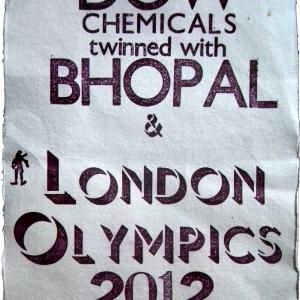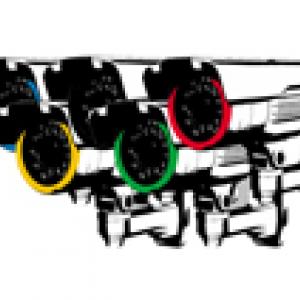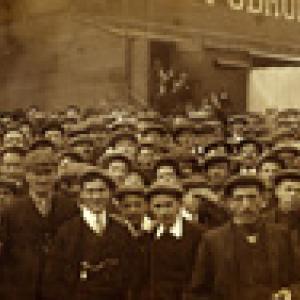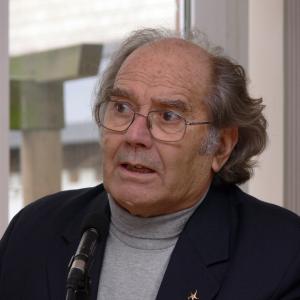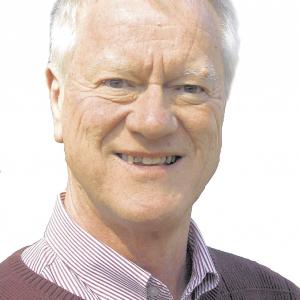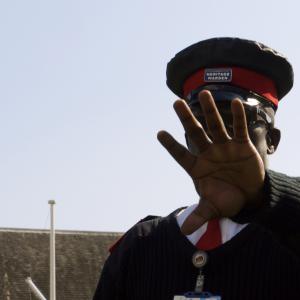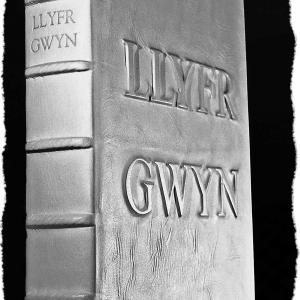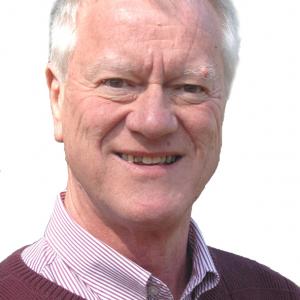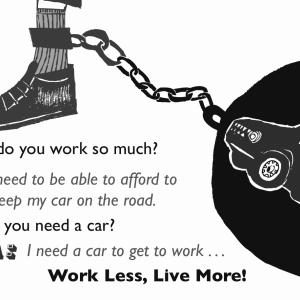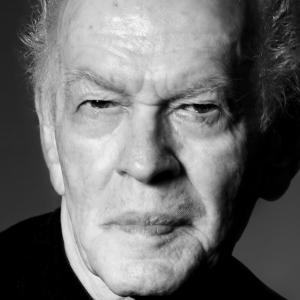In the weeks before the London Olympics, a sense of foreboding descended on many of the people who, like me, live and work in Newham in east London, one of the poorest and most ethnically-diverse parts of the capital.
This anxiety, shared even by those who are enthusiastic about the spectacle of the Games, was heightened by the stories about snipers in helicopters, missile-launchers on tower blocks and RAF fighters in the skies and predictions that it might become almost impossible to…


